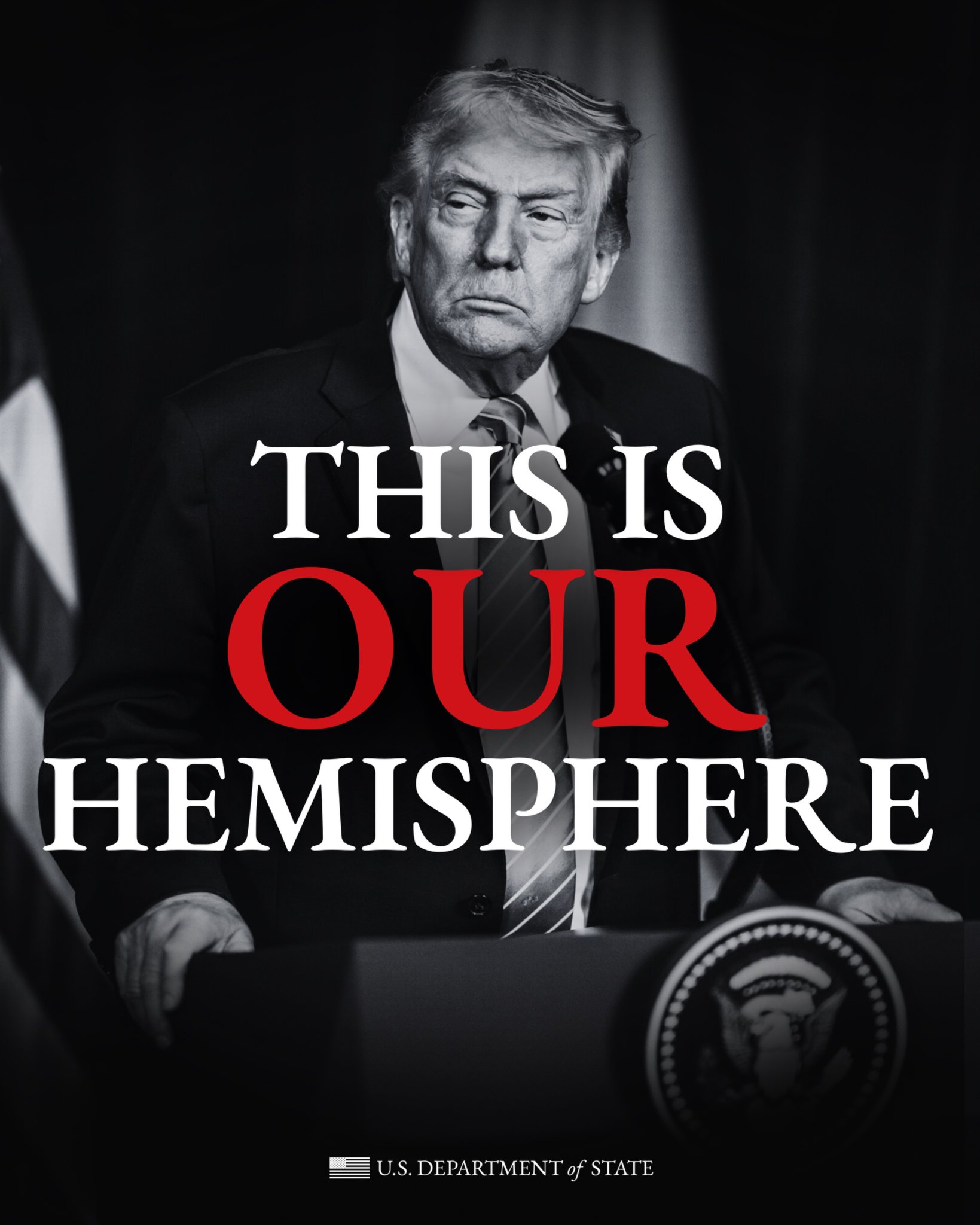Water flooded Mexico City the week of March 16-22, causing major traffic jams, provoking street confrontations, and filling the pages of local and international newspapers. Yet nothing got wet.
The long-awaited Fourth World Water Forum brought over 10,000 participants and hundreds of journalists to town to discuss what organizers hoped would be the mostly technical issues of a shared human concern. The event is organized every three years by the World Water Council, which groups 300 organizations including industry representatives, government ministries, international institutions, and development banks.
However, the technical discussions were quickly eclipsed by a clash of worldviews. From the outset, forum officials expressed their view that water cannot be valued properly until it is assigned a market price that reflects costs, and that private participation is necessary for investment in infrastructure. This is the vision pushed by the World Bank and others since they created the Water Council in the mid-nineties. The accompanying water trade fair offered a glimpse of what’s at stake for the burgeoning water industry, worth about $400 billion dollars a year.
Meanwhile, members of the urban popular movement, small farmers’ organizations, and indigenous peoples asserted that access to water is a right and a public good.
This clash has happened at previous forums. The Third Forum in Japan saw numerous dissenting voices and protest actions, which is the reason that security and access were tightened up at the Mexico City Forum. But a major change occurred between the Third and Fourth Forums. What was once a sound of alarm from environmental groups who warned of the risks of privatization has grown into a worldwide grassroots protest movement.
In a tidal shift that wasn’t entirely clear until Mexico City, public opinion has moved against private-sector management and reclaimed water as a basic human right to be managed outside the market, by the people. In the Water War of Cochabamba, Bolivia, residents fought the private concession for water distribution



